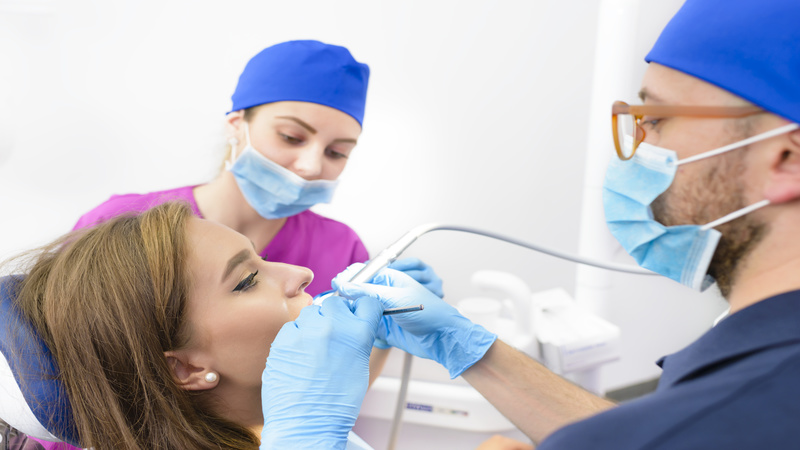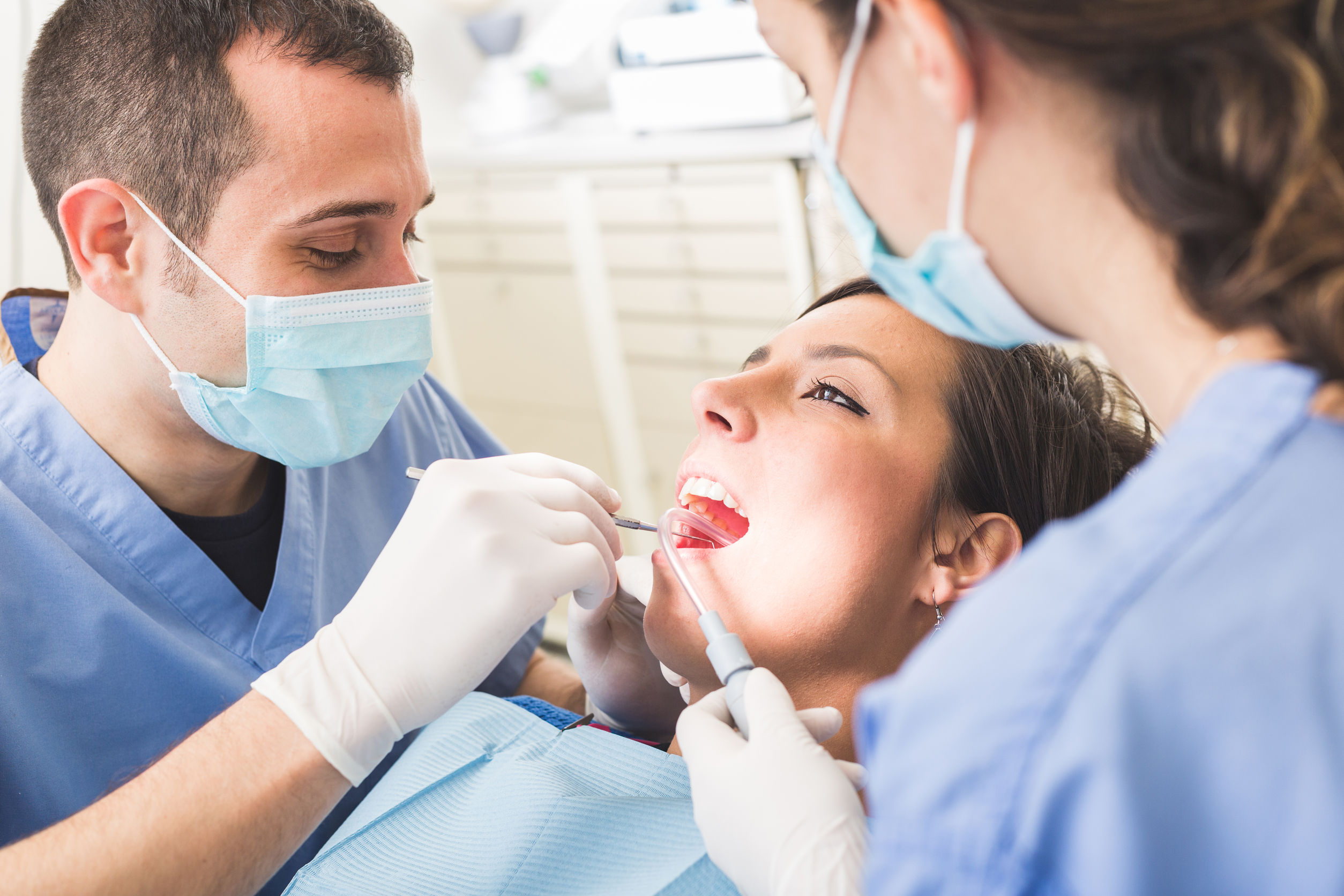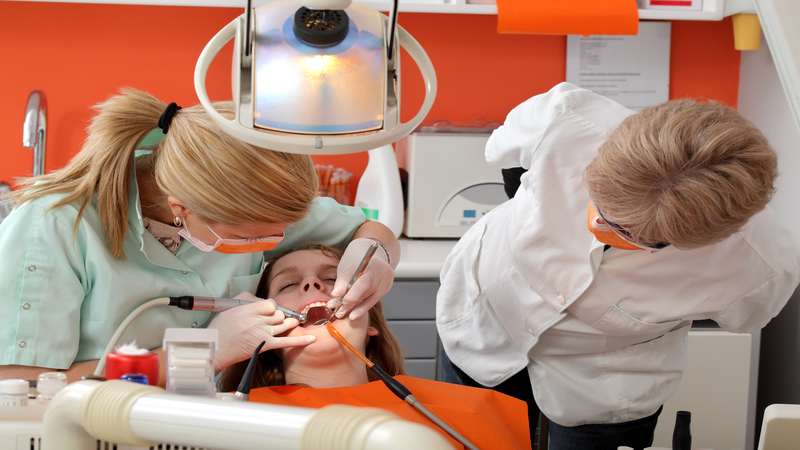When a dental professional says that a tooth needs to come out, putting off the process will not serve any real purpose. In fact, the opposite is true.
Here are a few of the reasons why those Tooth Extractions in Effingham IL should proceed without delay.
Things Will Only Get Worse
Delaying Tooth Extractions in Effingham IL is not going to make the situation better. If the tooth is already showing signs of decay, do not expect the process to reverse itself. The more likely scenario is the rate of decay will increase. As that happens, expect more discomfort when attempting to chew or consume cold beverages. The smart move is to have the tooth extracted and no longer have to worry about experiencing the pain.
Swelling and Inflammation
There is the possibility of infection setting up around and under the tooth. When this happens, the area around the tooth is likely to start swelling. The gum will be tender to the touch and the swelling can be significant. Instead of waiting until there is the need for some sort of treatment for the infection, go ahead and schedule an appointment for the extraction.
Bad Breath
Do not forget that the decaying tooth is not doing anything to improve the scent of the breath. Even with frequent brushing and the use of mouthwash, things will not be all that pleasant. Rather than finding people backing away or noticing that food does not taste as good as in the past, it makes sense to see a dental professional and have the tooth removed. Doing so will make things more pleasant for everyone involved.
Possible Health Complications
Not everyone understands how dental issues can impact the rest of the body. Modern medicine has demonstrated the links between problems like decaying teeth with the development of health issues elsewhere. With this in mind, the prudent approach is to have the tooth extracted and alleviate the additional stress on the immune system.
For anyone who has a tooth that needs to be removed, Click Here and schedule an appointment today. Doing so will make a difference in the ongoing health of the patient.








